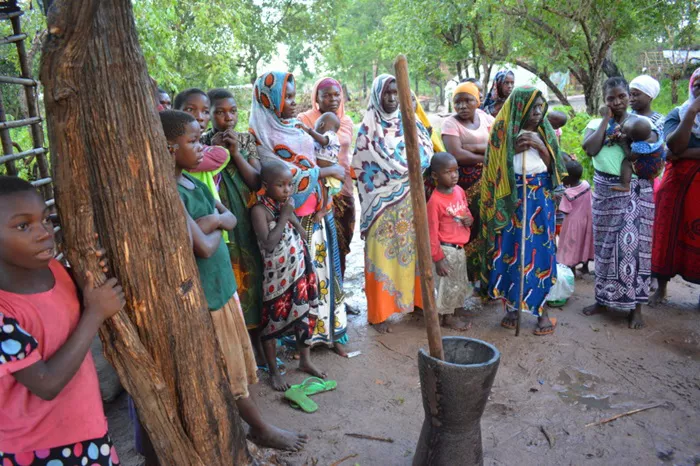On the occasion of International Plant Health Day, African nations gathered to discuss environmentally sustainable approaches to protect fruits and vegetables from pest damage. Morocco has recently inaugurated a large-scale insect rearing facility designed to implement the Sterile Insect Technique (SIT) to safeguard its vital citrus crops.
SIT is an eco-friendly pest control method that uses radiation to sterilize male insects, which are then released into the wild to mate with fertile females, resulting in no offspring and a reduced pest population. This new facility in Morocco is expected to produce 130 million sterile Mediterranean fruit flies weekly once fully operational.
To leverage this infrastructure, the International Atomic Energy Agency (IAEA) held a workshop in late April in Agadir focused on integrated pest management using SIT. Experts from 16 African countries shared knowledge and experiences on combining SIT with other control measures, monitoring fruit fly populations, and field applications. The program included lectures, tours of rearing and irradiation facilities, and field visits to active monitoring and SIT release sites.
Integrating SIT with other methods offers a sustainable solution for the citrus industry by minimizing pesticide residues in fruit and protecting agricultural landscapes. It also enhances the quality of citrus exports to existing and emerging international markets.
Driss Barik, Head of Plant Health at Morocco’s National Food Safety Office (ONSSA), emphasized that the facility will be a critical tool in controlling fruit flies, reducing infestations, and promoting citrus trade.
Fruit flies are among the world’s most notorious horticultural pests, causing extensive direct and indirect damage. The increasing international fruit trade exposes Africa to invasive species like the Oriental fruit fly, which severely damages mango crops, causing yield losses of up to 90% depending on location, variety, and season.
Rui Cardoso Pereira, entomologist at the Joint FAO/IAEA Division, highlighted the significant challenges African countries face following the 2003 introduction of the Oriental fruit fly, which led to the closure of many export markets and increased fruit losses.
The IAEA’s support for SIT plays a key role in managing pests affecting economically important crops. Participating countries reported their pest monitoring and control activities and discussed coordinating efforts using FAO/IAEA guidelines on insect monitoring, mass-rearing quality control, and international phytosanitary standards.
Through its “Atoms for Food” initiative, the IAEA is helping countries strengthen food security by promoting innovative solutions like SIT to combat hunger worldwide.
Related Topics

































